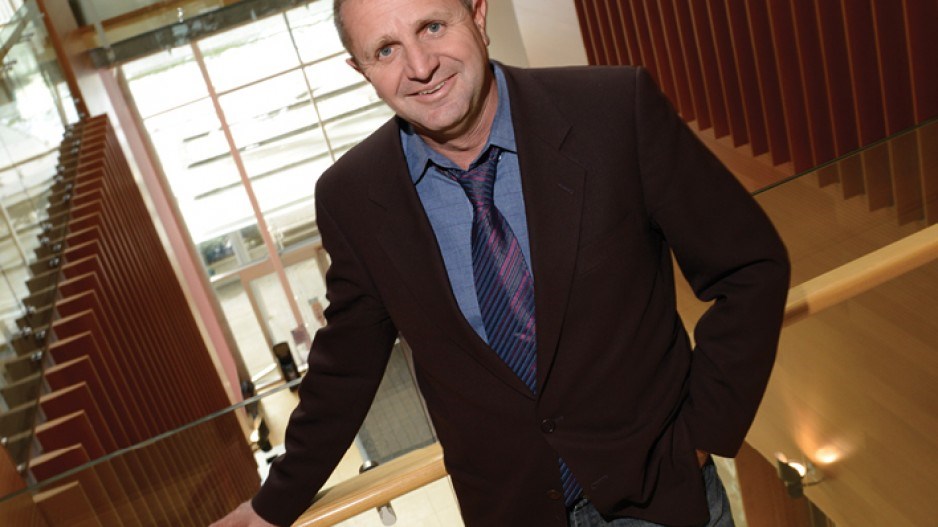Less than two decades ago, the idea of a mining company, Canadian or otherwise, drafting a sustainability report for one its projects was nearly unheard of.
The industry has come a long way since then: understanding environmental concerns or other potential social effects of developing a mine are now common practice.
Yet, there is more work to be done. Poor and developing countries blessed with minerals have little, if any, experience working with mining firms. In steps the newly minted Canadian International Institute for Extractive Industries and Development (CIIEID).
A partnership between the University of British Columbia (UBC), Simon Fraser University (SFU) and École Polytechnique de Montréal, the CIIEID was launched January 29 with a sweeping mandate to support countries with vast natural resources, but that may not be benefiting financially from their development.
Such support will take many forms: research in public policy and political science, on-the-ground-training for locals in mining practices and partnerships with other international mining institutes and non-governmental organizations such as UNICEF and the World Wildlife Foundation.
Representatives from the institute travelled to the Prospectors and Developers Association of Canada’s annual conference in Toronto earlier this month to discuss the initiative, and preliminary programs in Latin America and Africa have been discussed.
But in addition to that philanthropic bent, the CIIEID has an economic imperative: businesses that better understand the countries in which they have projects and, inversely, countries that are better prepared to work with international mining firms will, presumably, have an easier time doing business together.
“I believe the senior industry people, CEOs, presidents of companies are recognizing that a lot of the risks associated with their mining projects are related to issues in the community, social responsibility issues,” said Bern Klein, acting executive director of the CIIEID.
“We recognize through all the work that we have done that in many cases, when a mine is being set up there are negative effects on a community and there are positive opportunities.”
Glenn Sigurdson, a member of the CIIEID management team and veteran mediator in the resource realm, agreed.
“We’re really a research institute looking at ways that we can ensure that the benefits from resources generated in many parts of the world include wealth flowing back to Canada and revenue streams into the communities where we are doing business,” said Sigurdson.
“Mining is a complex business; there are many different dynamics at play, and if we don’t get mastery over some of them it will become increasingly difficult for Canada writ-large and companies doing business effectively and competitively.”
The CIIEID, however, has been the target of criticism since it launched because of the $24.6 million in funding it received from the Department of Foreign Affairs, Trade and Development.
Ottawa initially proposed the concept for the institute – the UBC partnership was selected after a bidding process – so money from the federal government was always part of the deal. But organizations such as Mining Watch Canada, an Ottawa-based advocacy group that supports sustainable mining practices, have questioned the CIIEID’s autonomy.
In a statement released earlier this month, it called the institute “yet another poorly conceived tool to further the interests of Canadian mining companies operating abroad.”
“While mining-affected communities, their representative organizations and governments could certainly benefit from independent academic expertise, the CIIEID will not provide independent advice,” the statement continued.
“Nor will it have much credibility given the Canadian government’s vested interest, its stated goal of promoting and protecting the interests of Canadian extractive companies operating overseas and its poor track record.”
But John Hepburn, UBC vice-president of research, deflected Mining Watch Canada’s accusations, saying the funding received by the CIIEID isn’t out of the ordinary because universities routinely depend on external funding for research.
“At UBC we get half a billion dollars per year from external funding for research. That funding comes from all different types of sources whether it be industry, philanthropy, government agencies. This is the only way we can do research. Without money it’s tough,” said Hepburn.
“Our research policy is that whatever we do has to be openly available to the public. Everything gets published. Arm’s length – that’s what universities are all about.” •




